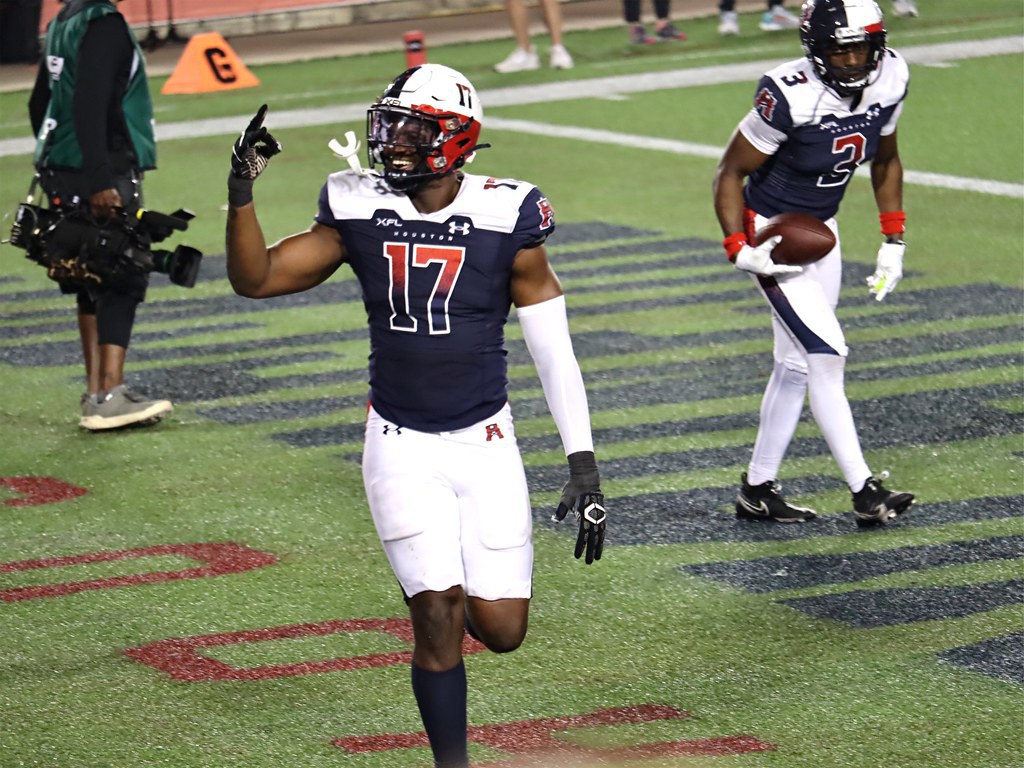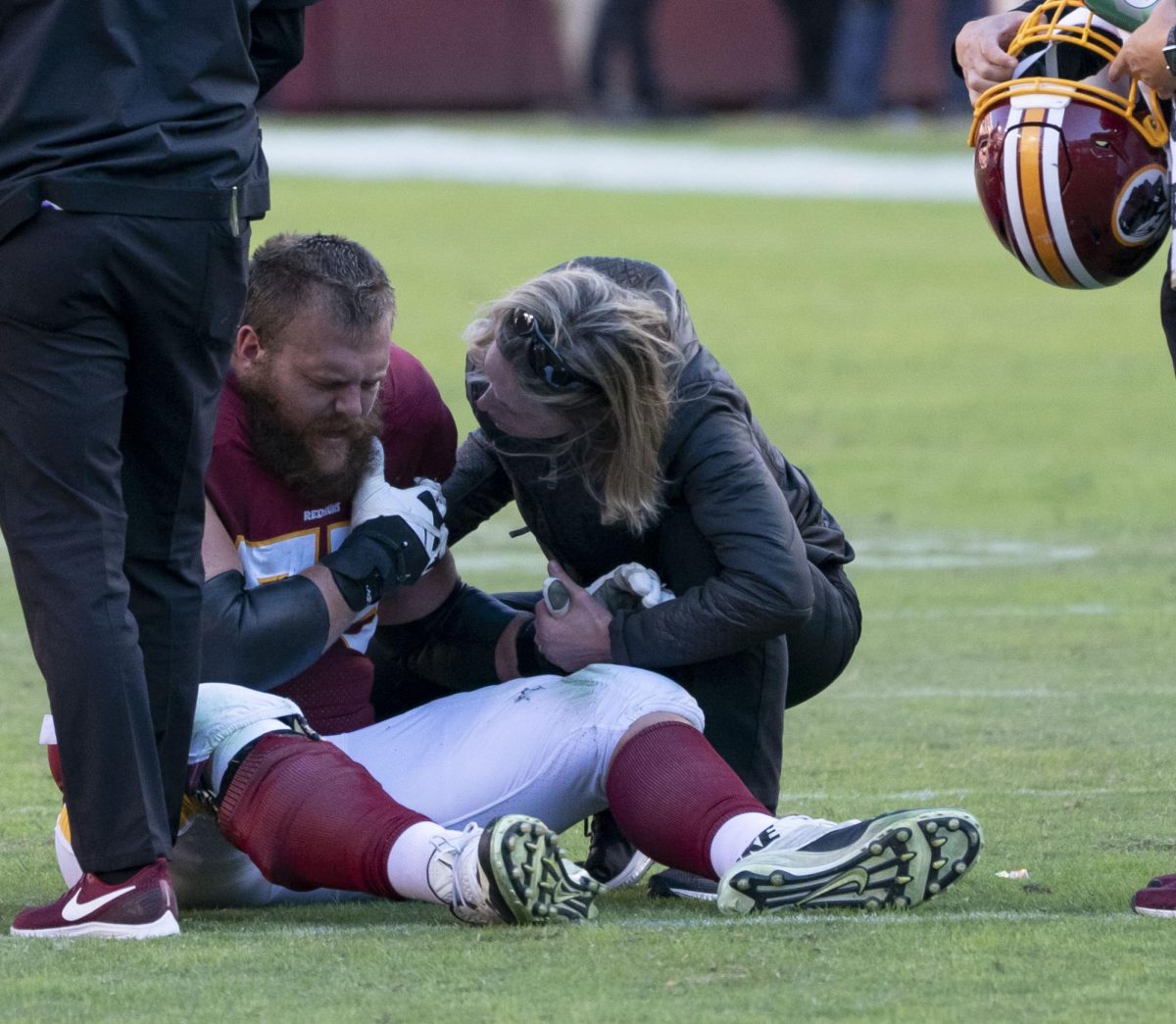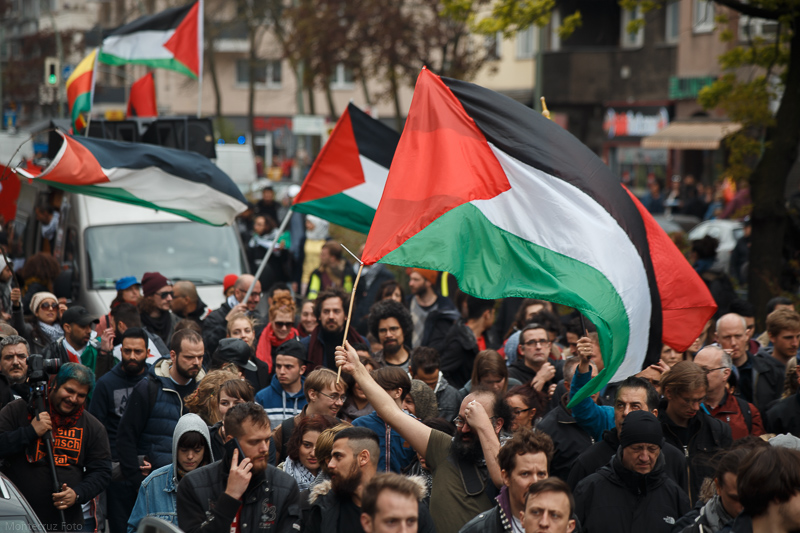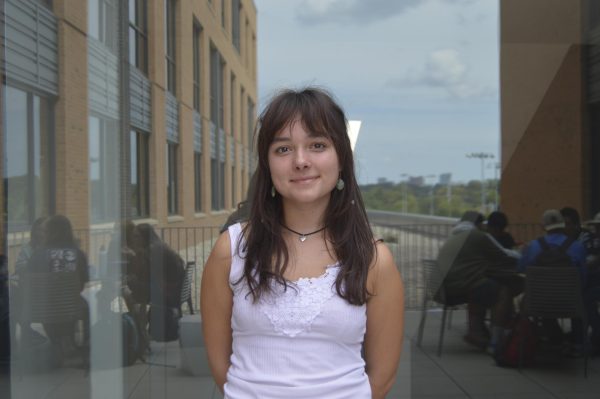Since the Industrial Revolution, Americans have been working to build bigger, better, and brighter, but at what point do we sacrifice the lovable character of a small town for industrialized “improvements?”
In answering this question, small towns like Falls Church must weigh a multitude of different factors. These include creating a strong tax base in order to support social services e.g., education and trash collection, population and traffic density, diversity and economic opportunity, as well as finding a balance between modernization and preservation.
Over the past few years property developers have presented their project plans in a series of public meetings with the City Council, alongside the city’s Economic Development Authority (EDA). They analyzed the cost, timing and impact of the proposals to reach a conclusion on whether to approve them or if changes are necessary. It then became the job of elected leaders to weigh these factors along with the concerns of city residents and taxpayers.
“The pros outweigh the cons, which is why we’ve seen these projects get approved, ” said Falls Church City Mayor Letty Hardi.
Currently, there are three major projects underway in the city of Falls Church.
On July 8, 2019, the City Council approved a Special Exception Entitlement application for the West Falls Development project, located at the old George Mason High School plot, including site layout, building heights, and general uses. The site will encompass a Class A commercial office, senior living, multifamily housing, affordable living spaces, retail space, a hotel and a civic performing arts center.
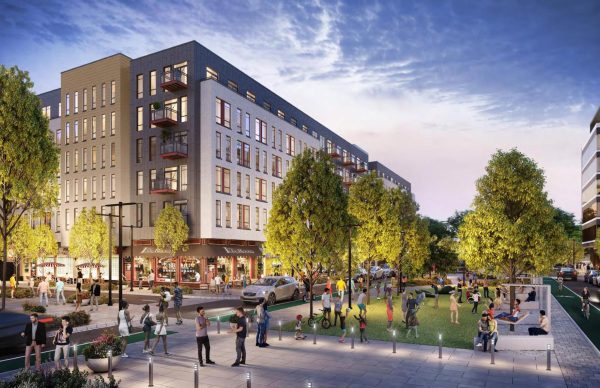
At the intersection of East Broad Street and North Washington Street, developer Scott Adams has begun work on a mixed-use development project after receiving City Council approval on April 9, 2018. The development will include a seven-story mixed-use building with ground-floor retail and theater use, multi-family residential apartments, and a Whole Foods Market.
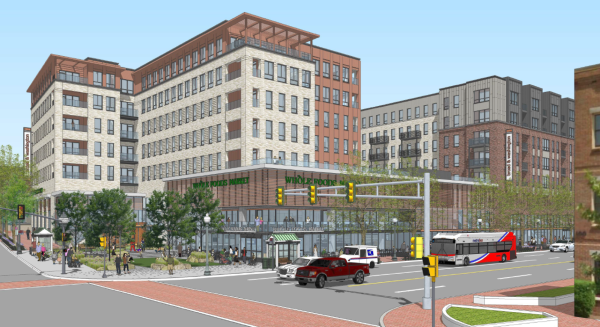
Founders Row, a two-stage project, includes retail space, multifamily housing, apartments, and co-working space. Founders Row I first received approval in 2016 while Founders Row II began in November 2020.
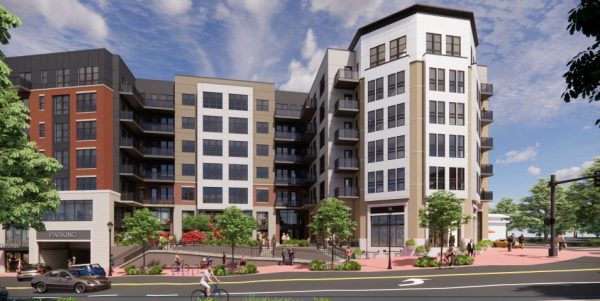
Information regarding construction plans and 3D models is available on the City of Falls Church website, but a true understanding of the impact these designs will have on the community requires a deep consideration of the social and economic factors each proposal entails.
Insecurity lingers among developers’ plans and elected officials’ decisions as they work to have their plans approved and entice voters–– especially anti-development residents who fear the loss of a lifestyle they have come to love. This fear turns into advocacy, increasing the difficulty for citizens in separating raw facts from “talking points,” leaving residents with the strenuous task of sorting through all of this scattered information for themselves.
Each project provides a multitude of economic and social benefits to the city, including economic stimulation, voluntary concessions, public appeal and diversity. Founders Row will offer 12% of residential space as affordable housing and Broad & Washington will offer 10%, both of which are not set to expire. These units allow for increased accessibility and in contrast to popular conception, do not lower property value for current residents.
Affordable housing was a key aspect of City Council negotiations, highlighting their commitment to diversity and inclusion. “If we say we’re welcoming and inclusive, then our actions should match our words,” Mayor Hardi said.
Still, with the rise of new construction across the city, citizens remain unsure about the impact of modernization and the possible looming destruction of the quintessential small town atmosphere. “I was here before they tore everything down and I think it’s truly a shame. The number of small businesses that had to go out of business for what, more traffic in our already too-small city?” freshman Rayne Hammerschimdt said.
However, many of the familiar characteristics that make Falls Church so special require adequate funding to stay afloat–– which can only be serviced through additional revenue and an established tax base from new projects.
To overcome objections, developers offer voluntary concessions as a means of gaining approval for their projects. Voluntary concessions, funding provided voluntarily from developers, help to pay for public spaces like libraries and parks. According to the City of Falls Church Founders Row II webpage, “Voluntary Concession include contributions to the public schools, library, and parks; dedicating space to a public art display; installing at least two historical markers; and providing Affordable Dwelling Units. Sidewalk improvements and a connection from the property to the Washington & Old Dominion Trail are also part of the VC.”
Innovative construction projects that include these kinds of voluntary concessions offer funding and special considerations for all of the little attributes that maintain the “small town charm” of Falls Church City. Without voluntary concessions to pay for public spaces like parks and schools, or retail locations to draw in new community members, the town would not be able to support itself financially.
As the city continues to evolve, it is crucial that citizens and elected officials continue to question each decision surrounding new innovation. Citizens of “The Little City” adore the town for its unique, historic character, and it’s important that we preserve that charm, but the city cannot do so without funding. Balance is key.



